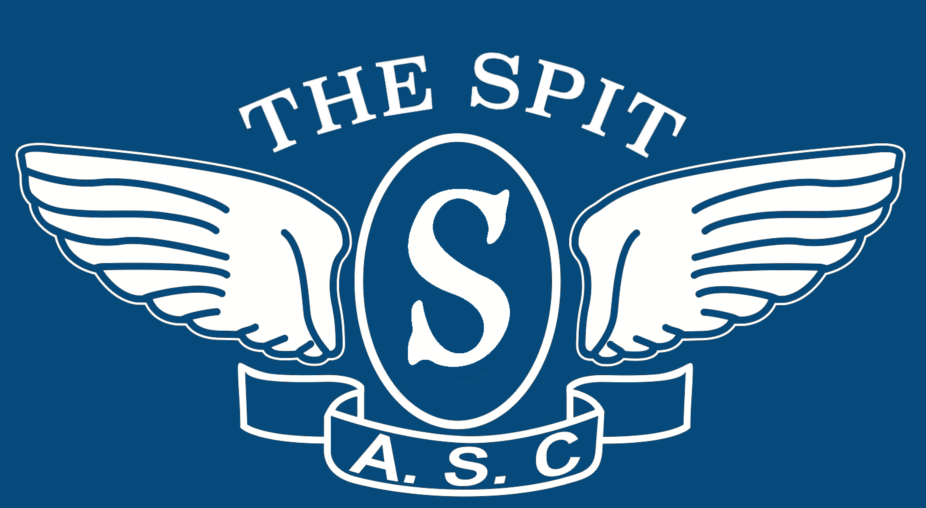Due diligence is a long process that takes considerable time and effort to complete. The due diligence process involves conducting an audit of the company’s financial records, conducting interviews or surveys with employees, and even visiting a website. Responsiveness and organization on the part of the seller is crucial to speed up the process. This will enable buyers to be able to fully understand the entire company and will enable them to better assess the value of the long-term.
Legal due diligence examines a firm’s legal standing as well as the existence of legal proceedings as well as any litigation exposure and contracts that are required to be transferred or terminated at the completion of an acquisition. This step also determines whether there are any breaches of legal and regulatory obligations. Operational due-diligence reviews a company’s processes to cash, manufacturing practices (if any), depth of staff and operational scalability to determine if a business model is compatible with the buyer.
The final step is financial due diligence. This is where buyers look at the company’s financial projections and its potential return on investment. This is a critical component of due diligence as it ensures that the acquisition will be profitable for both parties.
The due diligence process is a complicated and demanding task however, it can yield tremendous M&A advantages. Due diligence is a good way to reduce the chance of paying too much for an asset and enables buyers to understand how the model of a company fits into their own business.
like this https://ndcwireless.com/maximizing-data-protection-insights-from-top-data-room-providers/
